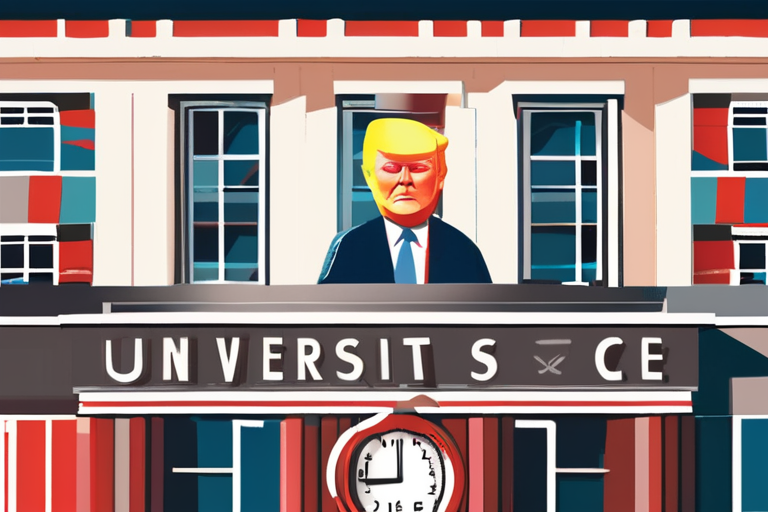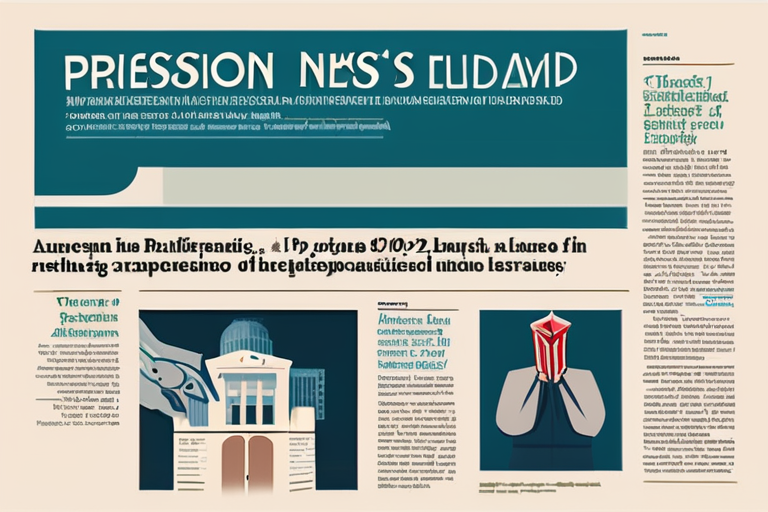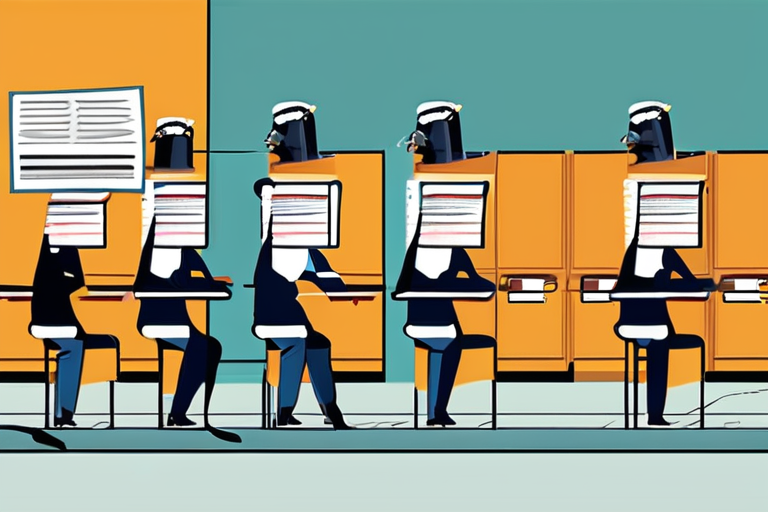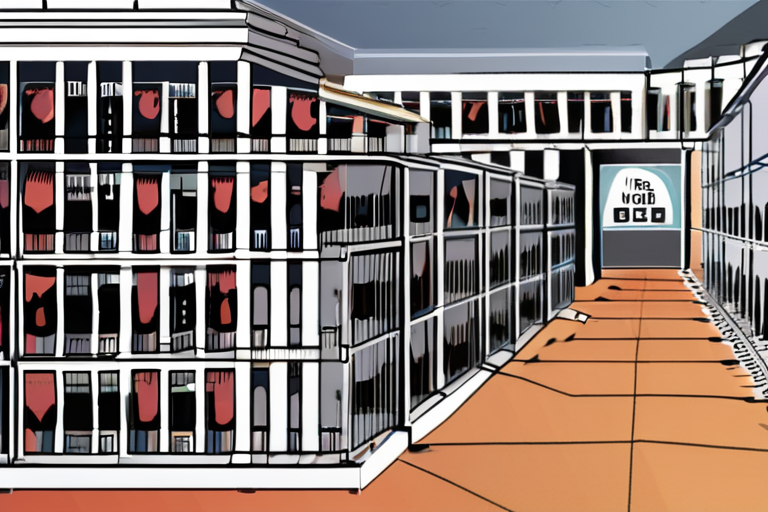The University of Pennsylvania has become a focal point in the ongoing debate over affirmative action and free speech, after a hacker claiming to sympathize with the grievances of Elon Musk and Donald Trump breached the school's computer system. The incident has raised concerns about the potential consequences of the federal government's efforts to exert control over institutions of higher education.
According to sources, the hacker, who has not been identified, gained access to Penn's system by exploiting a vulnerability in the school's cybersecurity infrastructure. The breach was discovered on Wednesday, and an investigation is currently underway to determine the extent of the damage.
The University of Pennsylvania has a significant financial presence, with an endowment valued at over $14.3 billion as of 2022. The school also receives substantial funding from the federal government, with a total of $143 million in research grants awarded in 2020. However, the school has been at odds with the Trump administration over issues related to affirmative action and free speech.
In 2020, the Trump administration announced a new policy aimed at reducing the role of affirmative action in college admissions. The policy, which was met with widespread criticism from educators and civil rights groups, would have required institutions to consider the impact of affirmative action on the admissions process. The University of Pennsylvania, along with several other schools, declined to sign a compact with the federal government that would have given the government broad control over the school's admissions process in exchange for preferential access to federal funds.
The compact, which was negotiated by a wealthy booster of the school, would have required Penn to adopt a new admissions policy that prioritized merit-based admissions over affirmative action. The policy would have also given the federal government significant control over the school's speech and academic freedom.
The breach of Penn's system has raised concerns about the potential consequences of the federal government's efforts to exert control over institutions of higher education. The incident has also highlighted the need for greater investment in cybersecurity infrastructure at institutions of higher education.
The University of Pennsylvania is one of the oldest and most prestigious institutions of higher education in the United States, with a long history of academic excellence and innovation. The school has a strong reputation for producing leaders in a variety of fields, including business, politics, and academia.
As the University of Pennsylvania continues to navigate the complex landscape of higher education policy, it is likely that the school will face continued pressure from the federal government to adopt policies that align with the administration's priorities. However, the school's commitment to academic freedom and diversity will likely remain a key factor in its decision-making process.
In the coming months, the University of Pennsylvania will likely face increased scrutiny from lawmakers and regulators as it continues to navigate the complex landscape of higher education policy. The school's response to the breach of its system will be closely watched, and its commitment to academic freedom and diversity will likely remain a key factor in its decision-making process.



























Share & Engage Share
Share this article